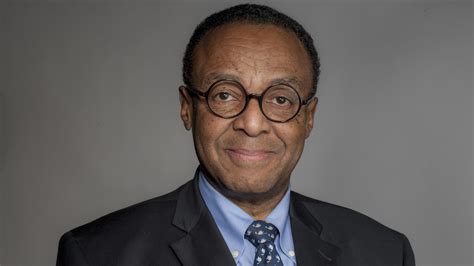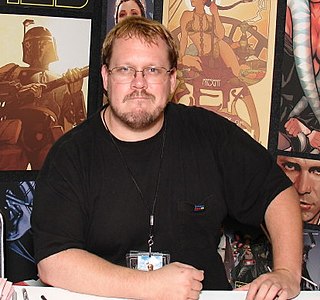A Quote by Dean Baquet
My job is to cover the hell out of the story, very aggressively. The real place to be courageous if you're a news organization is where you put your people to cover the story. It's making sure that you have people going to Baghdad. It's making sure that you figure out how to cover the war in Afghanistan. While the journalist in me completely stands with them, the editor of the New York Times in me thinks my job is to figure out what the hell happened and cover the hell out of it, and that's more important than some symbolic drawing on the front page.
Quote Topics
Afghanistan
Baghdad
Be Courageous
Courageous
Cover
Drawing
Editor
Figure
Front
Front Page
Going
Happened
Hell
How
Important
Job
Journalist
Making
Me
More
New
New York
New York Times
News
Organization
Our People
Out
Page
People
Place
Put
Real
Some
Stands
Story
Sure
Symbolic
Than
Them
Thinks
Times
Very
War
While
York
Your
Related Quotes
I will say that the difference was that when you're an Army journalist, as opposed to a civilian correspondent covering the military, you're very often either a public relations agent or expected to perform that role. I would say that one of the most unexpected benefits of that job was being taught to never try to cover anything up, but rather to get any bad information out right away, so that there would be nothing more to come out later. This was a wonderful lesson to be taught because often the effort to cover up a story becomes a bigger story than the original one.
My friends make me laugh: funny Instagram videos, but mostly people falling over. It's so bad, but it never gets old. I just love how people cover up their falls. The whole experience of 'Oh, I just fell, and I'm going to run out of the fall and pretend I did this on purpose.' I just like to see how people cover up their mishaps.
During normal times or boom times, there are some parts of the business that are going to so well, that that can cover for weakness and other parts of the business. What happens during recessions, is you have less windfalls just helping you cover mistakes. You have to be more careful about not making mistakes.
































